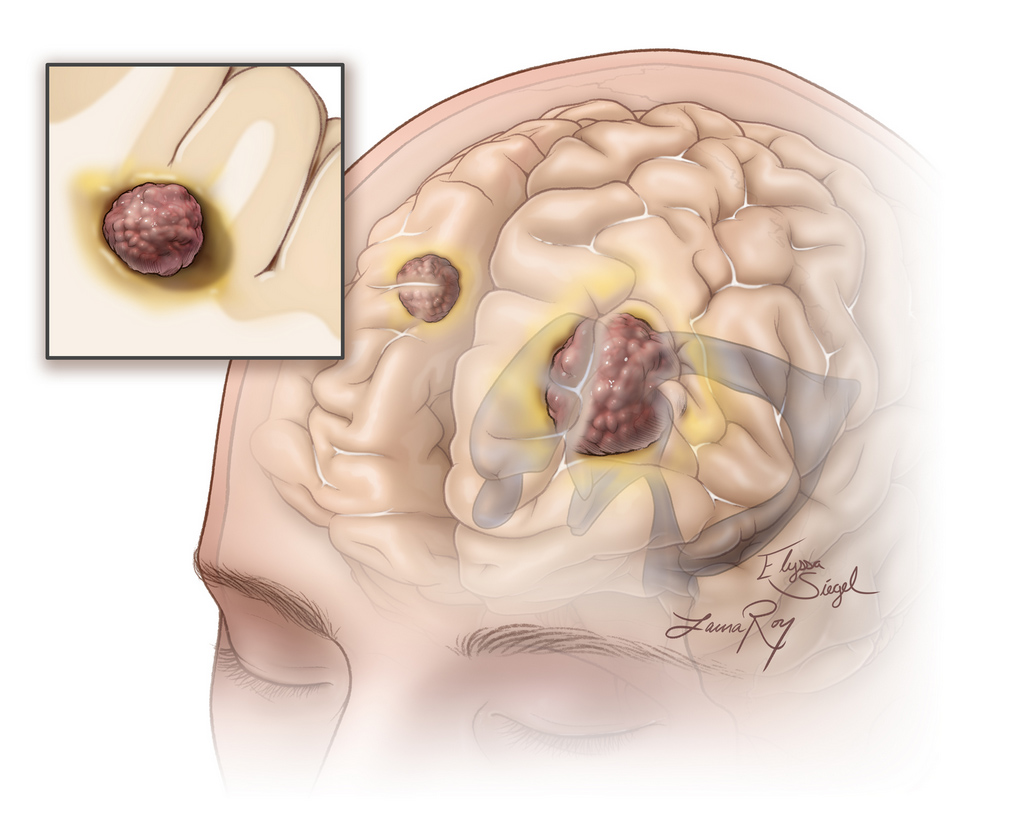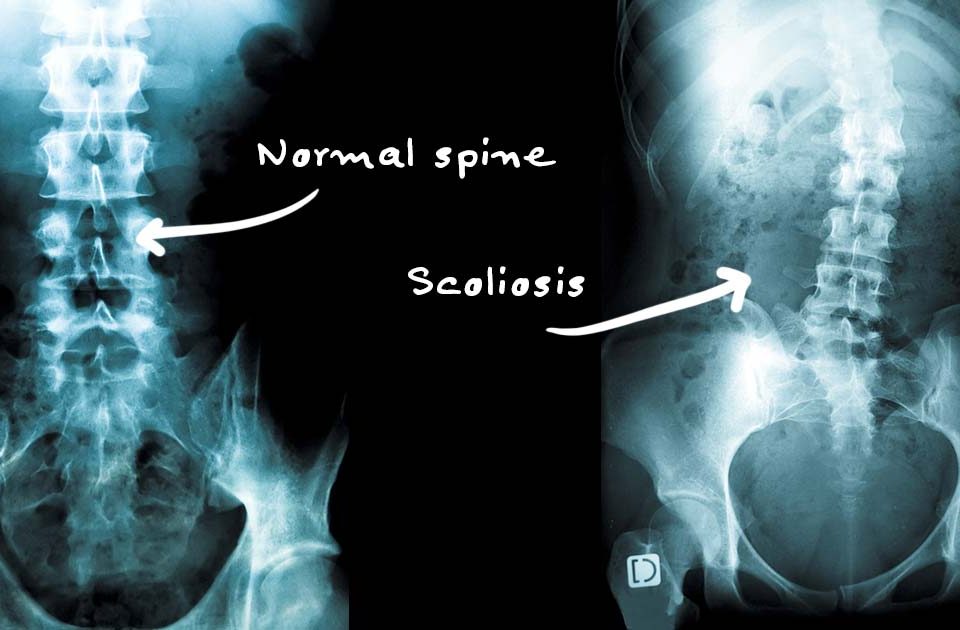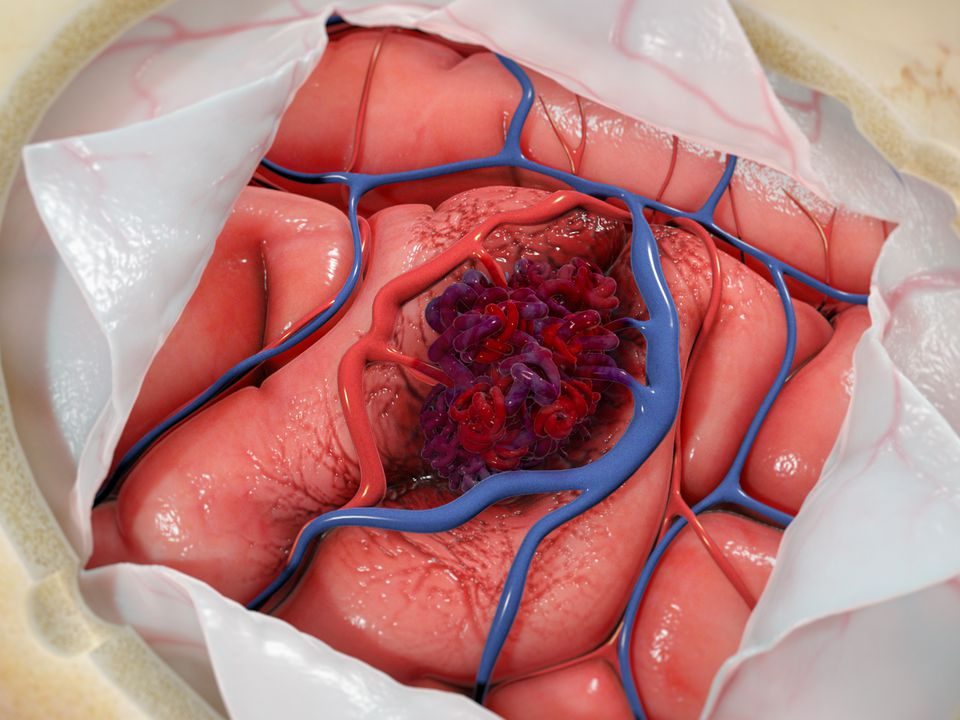Brain Metastasis: Pathophysiology, Clinical Presentation and Treatment Modalities
Brain Metastasis: Pathophysiology, Clinical Presentation and Treatment Modalities

Abstract:
Brain metastasis is a complex and challenging condition characterized by the spread of cancer cells from a primary tumor to the brain. This article provides an in-depth analysis of the pathophysiology, clinical presentation, and various treatment modalities available for managing brain metastasis. The review highlights the importance of early detection, accurate diagnosis, and personalized treatment strategies to improve patient outcomes and quality of life.
Introduction:
Brain metastasis is a serious complication of various types of cancer, including lung, breast, melanoma, and colorectal cancer. The incidence of brain metastasis is increasing due to advances in cancer treatment that have prolonged survival, allowing for the development of distant metastases. The clinical presentation of brain metastasis can vary widely, but common symptoms include headaches, seizures, cognitive deficits, and focal neurological deficits. Early detection and prompt intervention are crucial to prevent further neurological damage and improve patient prognosis.
Pathophysiology:

The process of brain metastasis involves a series of complex steps, including invasion, intravasation, circulation, extravasation, and colonization of cancer cells within the brain parenchyma. Tumor cells can gain access to the brain through the bloodstream, lymphatic system, or direct extension from nearby structures. Once inside the brain, tumor cells interact with the microenvironment, leading to the formation of metastatic lesions that disrupt normal brain function.
Clinical Presentation:
The clinical presentation of brain metastasis can vary depending on the location, size, and number of metastatic lesions. Common symptoms include headaches, seizures, cognitive impairment, motor deficits, and changes in behavior or personality. Neurological deficits may be focal or diffuse, depending on the extent of brain involvement. Imaging studies, such as magnetic resonance imaging (MRI) and computed tomography (CT) scans, are essential for diagnosing and monitoring brain metastasis.

Treatment Modalities:
The management of brain metastasis is multidisciplinary and may include surgery, radiation therapy, chemotherapy, targeted therapy, and supportive care. Surgical resection is often recommended for single or accessible metastatic lesions to relieve mass effect and improve symptoms. Radiation therapy, including whole-brain radiation therapy (WBRT) and stereotactic radiosurgery (SRS), is used to target metastatic lesions and prevent recurrence. Chemotherapy and targeted therapy may be considered in certain cases, especially when systemic disease control is needed.
Conclusion:
Brain metastasis is a challenging condition that requires a comprehensive approach to diagnosis and treatment. Early detection, accurate staging, and personalized treatment strategies are essential for optimizing patient outcomes and quality of life. Advances in imaging technology, surgical techniques, and radiation therapy have improved the prognosis for patients with brain metastasis, but further research is needed to develop novel therapies and improve survival rates. Collaborative efforts among oncologists, neurosurgeons, radiation oncologists, and other healthcare professionals are essential for providing optimal care to patients with brain metastasis.
In our team under supervision of Prof. guive Sharifi we do these collaborations among all specialties.



